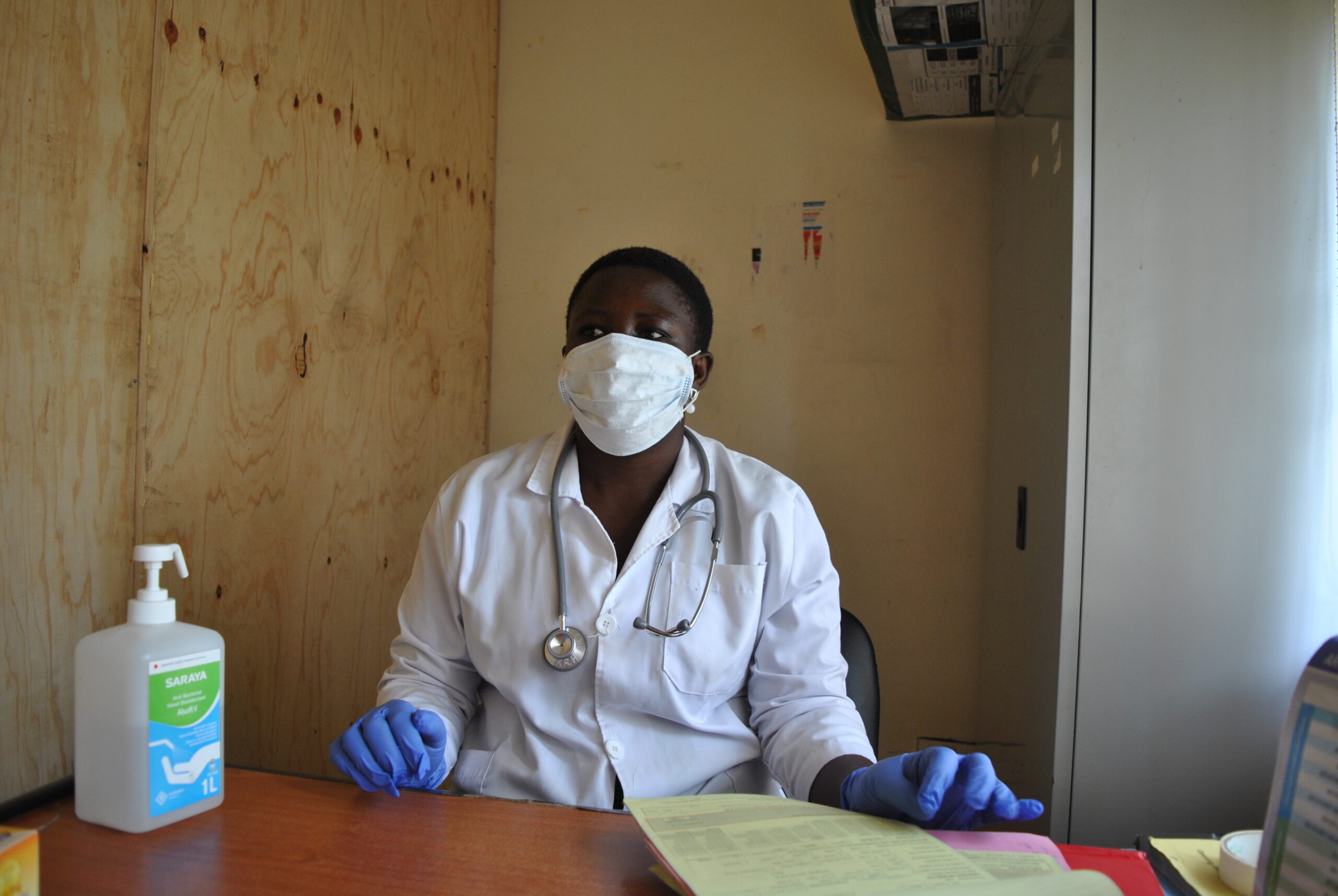Introduction
The COVID-19 pandemic is disrupting health services worldwide. While data on the scope of health service disruptions during the pandemic are becoming available, the extent to which infection prevention and control (IPC) limitations or commitments in terms of resources, personnel, or policies may be contributing to these service disruptions is largely unknown. Identifying gaps in IPC implementation that have led to the disruption of health care will be critical in developing more effective IPC protocols and training and facilitating access to supplies and/or trained professionals. Also, assessing the extent of disruption during the pandemic to testing for antimicrobial resistance (AMR) in bacterial infections is crucial to be able to strengthen AMR clinical and surveillance activities.
Objectives
To determine the amount, types, and duration of health service disruptions in public health facilities in Côte d’Ivoire, Uganda, and South Africa from March 2020 – August 2021; and, in particular, the extent to which IPC limitations or gaps led to health service reductions, and document facility attendance in key service delivery areas in context of the COVID-19 pandemic. Additionally, to assess the extent to which health service disruptions may have affected reported antibiotic prescribing and testing for AMR.
Methods
The study consisted of cross-sectional surveys of potential health service disruptions in selected facilities, reported antibiotic prescribing and testing for AMR, and an analysis of routine service attendance trends over time in the selected facilities, and in relation to nationally reported COVID- 19 cases. Two regions/provinces with high COVID-19 prevalence were selected in each of the three countries. A minimum of 40 facilities per country (20 per region/province) were surveyed. Public and faith-based facilities were randomly sampled by level of care (strata): primary, secondary, and tertiary, with oversampling of hospitals. The study was conducted over the period of November 2021-May 2022. Data were analyzed descriptively, using proportions, percentages, means or medians, and standard deviations and interquartile ranges where appropriate. For the open-ended questions, responses were grouped, and themes described. Data were also displayed in charts and graphs. The study was reviewed and approved by CDC, Institutional Review Boards (IRBs)/Research Ethics Committees in the three countries, and by the US-based Advarra IRB, as non-human subjects’ research.
Results
At least 70% of health facilities surveyed in the three countries reported at least one service disruption; among which over 80% of which were IPC-related. Disruption occurred across almost all health service delivery areas, with antenatal care (ANC) being particularly affected. Limiting patient volumes were the most frequently reported service disruptions, followed by reductions in service staff and service hours in Uganda and Côte d’Ivoire, and service suspension and reductions in service scope in South Africa. The overall severity of disruption was low-to-moderate (<50% services disrupted). Ward closures had the longest median disruption time in South Africa
and Uganda, 46 weeks, and 20 weeks respectively, though in Côte d’Ivoire, the median disruption time was three weeks. The most reported reasons for service disruption overall were implementing IPC directives, COVID-19 illness among patients and among staff, and implementing social distancing measures. Many of the IPC directives were focused on limiting patient volumes, suspending services and social distancing measures. Insufficient staff, lack of space for patient isolation, lack of testing equipment, supplies and PPE, and non-compliant patients were the reported constraints in the identification and isolation of patients. Concerning antibiotic dispensing, hospital pharmacist interviews suggested increased use of antibiotics in 2020 compared with 2019 in South Africa and Uganda, but mixed views in Côte d’Ivoire. There was no reported increase in the use of antibiotics for multi-drug resistant bacteria over this time.
AMR testing was disrupted by the COVID-19 pandemic in both South Africa and Uganda. South African laboratory directors reported increased workloads and longer turnaround times (TATs) in antimicrobial susceptibility results in 2020 compared with 2019. Ugandan respondents, however, reported decreased workloads (fewer clinical cultures), fewer screening cultures and reduced ability to carry out routine quality management activities and molecular testing for multidrug resistant organisms. There was less availability of reagents/consumables, and reduced supplies. Training and mentorship were less or had shifted to virtual activities. There were no changes in overall funding/budget availability.
Attendance by service delivery point for HIV testing, ART initiation, cervical cancer, and tuberculosis (TB) screening declined with the waves of COVID-19 confirmed cases in South Africa. ART care continuation however, remained constant. In Uganda, attendances by service delivery points for ANC, immunization, hypertension, and diabetes were negatively associated with the COVID-19 waves, particularly the second wave. Similarly, attendance by service delivery points for ANC, HIV care, hypertension, diabetes care, malaria, TB, and outpatient department were negatively associated with COVID-19 waves in Côte d’Ivoire.
Conclusion
Further investment in IPC measures and capacity will be key to preventing disruption in future disease pandemics. The disruptions of ANC, immunization, TB, and HIV care services could lead to increased risks of mortality and morbidity for mothers, infants, children, and the potential for TB and HIV transmission. Efforts should be made to mitigate the effects of these disruptions. Additionally, protecting healthcare personnel is a priority to prevent staff shortages and absences. The reported increase in antibiotic use should be evaluated and carefully monitored, and laboratory systems should be strengthened.




